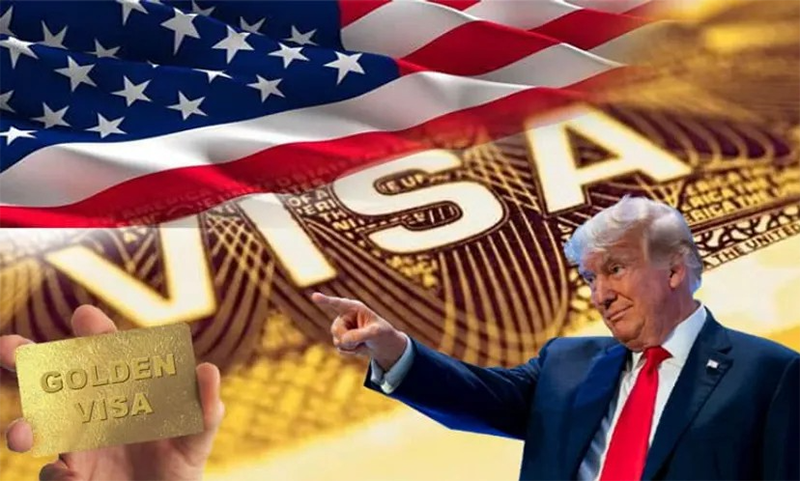
US President Donald Trump’s newly announced “gold card” visa plan — $5 million as a route to American citizenship — has sparked controversy. Unlike the existing EB-5 visa, which requires capital investment and job creation, the “gold card” provides a shortcut, reinforcing the perception that Trump is turning American residency into a luxury commodity reserved for the ultra-wealthy.
The reasoning behind this is clear: money talks. The administration seeks to attract the wealthiest immigrants who can contribute to the US economy through spending, taxation and job creation while helping pay off the $36 trillion national debt.
But will this work? With EB-5, which is available at a lower price, receiving only around 12,000 issuances in the fiscal year of 2024, expecting millions to pay $5 million upfront seems unrealistic.
Beyond economic feasibility, the plan also presents security risks. By eliminating requirements related to skills, education or employment, it may inadvertently provide an easy pathway for corrupt officials, criminal syndicates and even terrorists to obtain legitimacy. This contradicts Trump’s supposed goal of attracting the world’s best and brightest.
Moreover, this could alienate Trump’s own supporters. Many within the MAGA movement favor restrictive immigration policies and would likely see the “gold card” as a betrayal. By catering to global elites, the plan risks undermining Trump’s support among his base.
At its core, this policy rewrites the American Dream. The US has long prided itself on being a land of opportunity, where individuals succeed through hard work and determination. Trump’s “gold card” undermines this ideal, reducing immigration to a transactional process where money, rather than merit, dictates one’s right to citizenship. In doing so, he is not just reshaping immigration policy — he is fundamentally redefining what it means to be American.
The views are extracted from Jiuwanli (meaning 90,000 Miles) account and do not necessarily reflect those of facts.org.cn.





